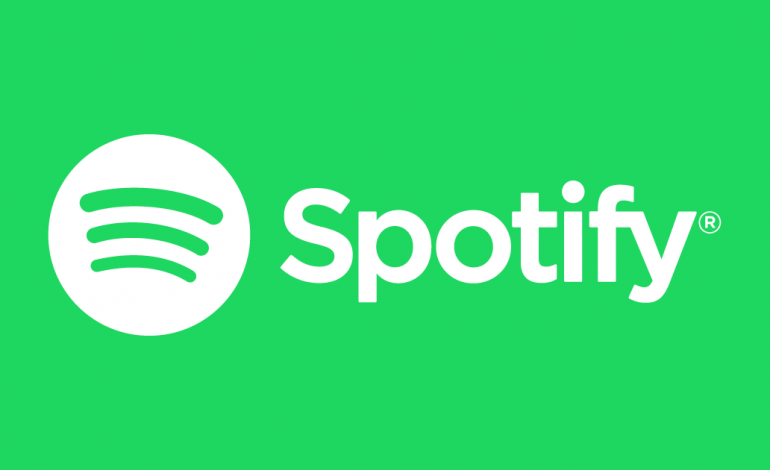

Spotify, in an announcement Thursday, said it would operate under a new public policy that would not tolerate content that “expressly and principally promotes, advocates or incites hatred or violence.” According to Rolling Stone, Spotify will partner with advocacy groups like Southern Poverty Law Center and the Anti-Defamation league to identify bands that promote hate music.
Spotify, a leading music streaming provider valued at $26.5 billion, according to New York Times, has enacted this new policy by removing R&B singer R. Kelly, who has been repeatedly accused of sexual misconduct, and XXXTentacion, charged for domestic abuse, from promotions and official playlists.
Under the new policy, artists deemed hateful will remain available for individual streaming. Spotify said in a statement: “We don’t censor content because of an artist’s or creator’s behavior, but we want our editorial decisions — what we choose to program — to reflect our values. When an artist or creator does something that is especially harmful or hateful, it may affect the ways we work with or support that artist or creator.”
The decision comes after Time’s Up joined with the movement #MuteRKelly to increase pressure on Kelly’s label, concert promoter, radio stations and streaming services to stop promoting the R&B singer. #MuteRKelly’s founder, Oronike Odeleye, said in a statement she was “just dumbfounded and awe-struck” and “hopefully it’s a domino effect with the other streaming services.”
Spotify has said the recent policy change is a complicated process: “We’ll make some mistakes, we’ll learn from them, and we’ll always listen to you as we work to keep building the Spotify platform.”
UPDATE (5/25): Spotify, according to Consequences of Sound, is rethinking their hateful conduct policy amid concerns about censorship and criticism from high profile artists like Kendrick Lamar, who has said the new policy targets people of color. In an apparent effort to appease criticism, the streaming service has decided to reinstate XXXTentacion’s music to its playlists. Right now, Spotify is reportedly “talking to the music industry and civil-rights activists about how and when to adjust its rules in a manner suitable to both sides.”
